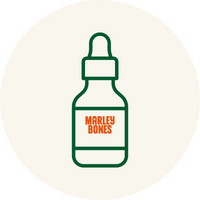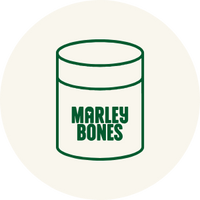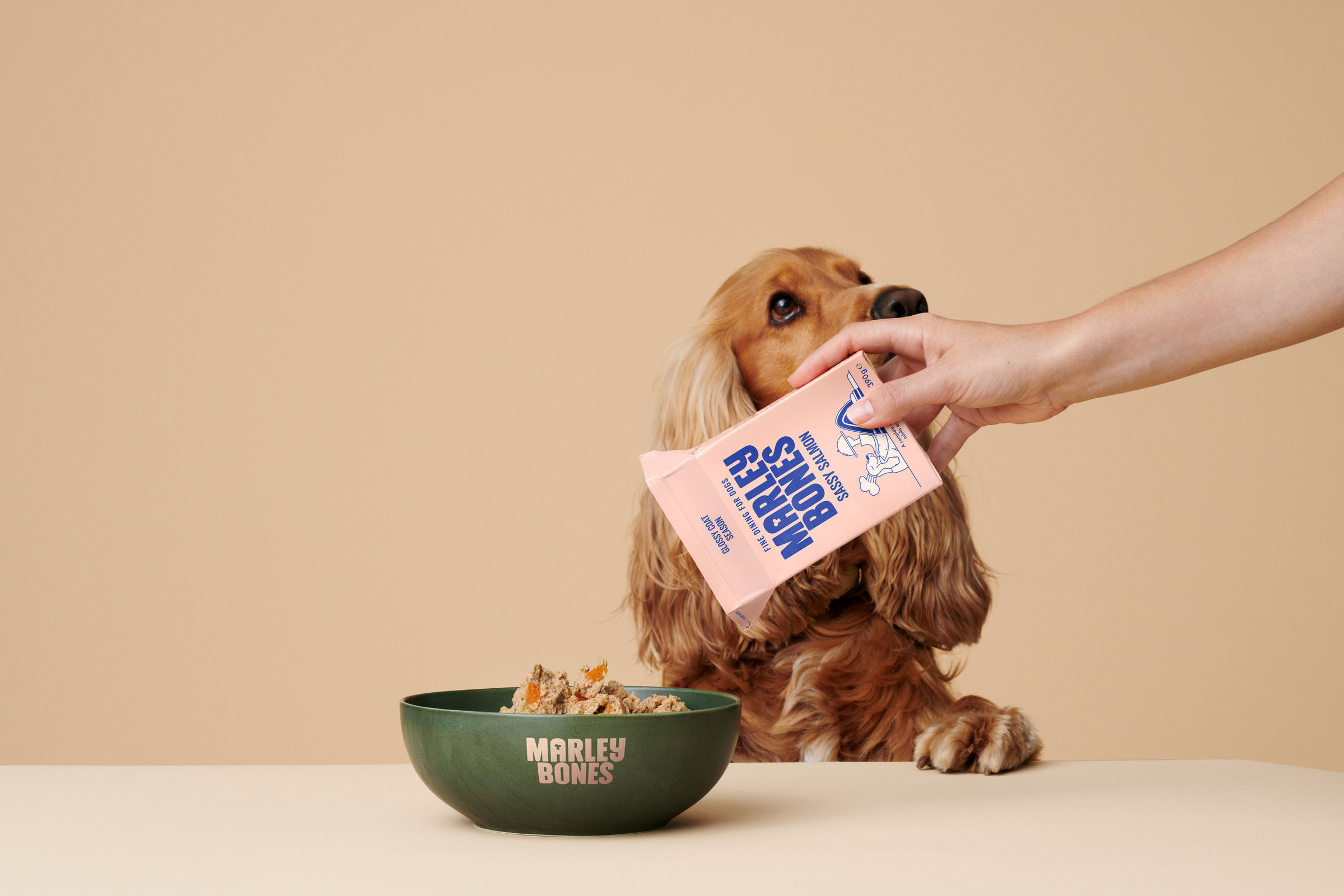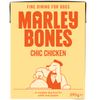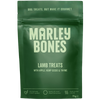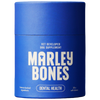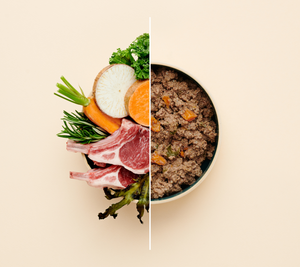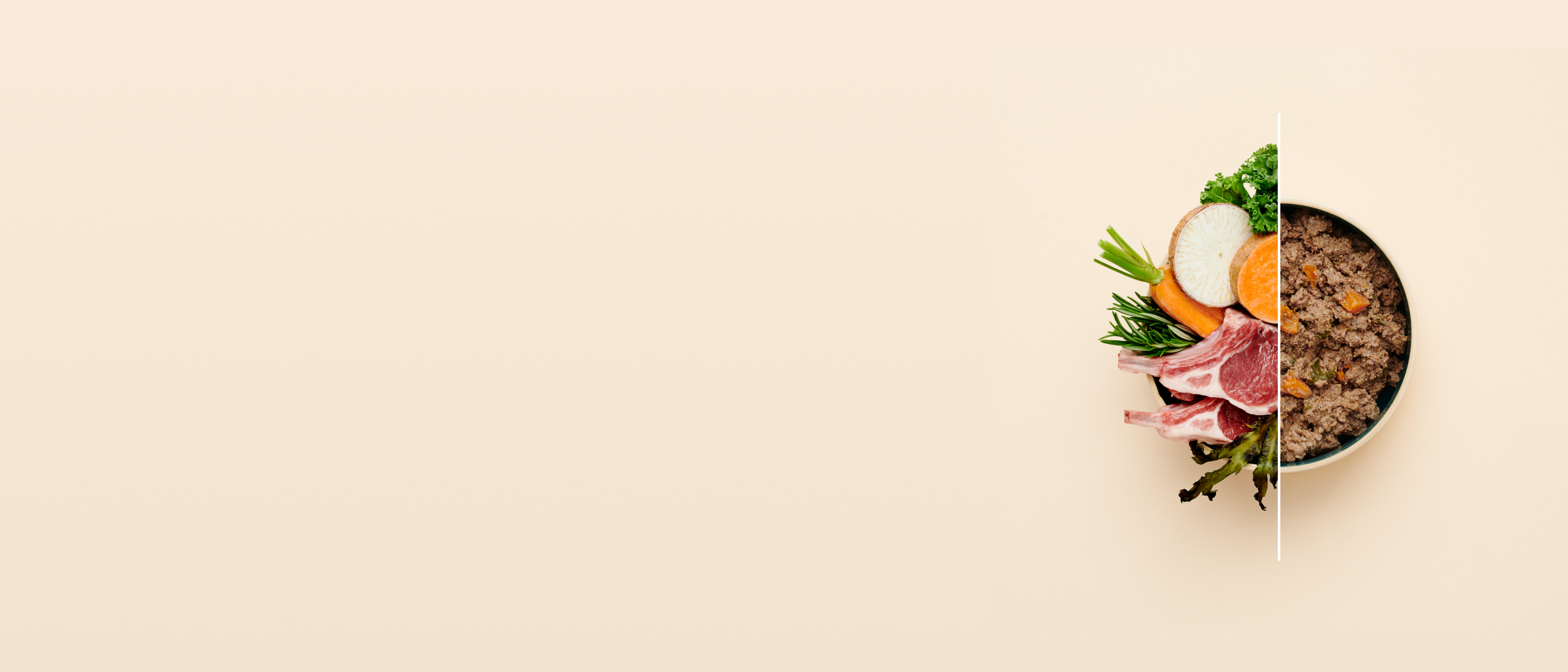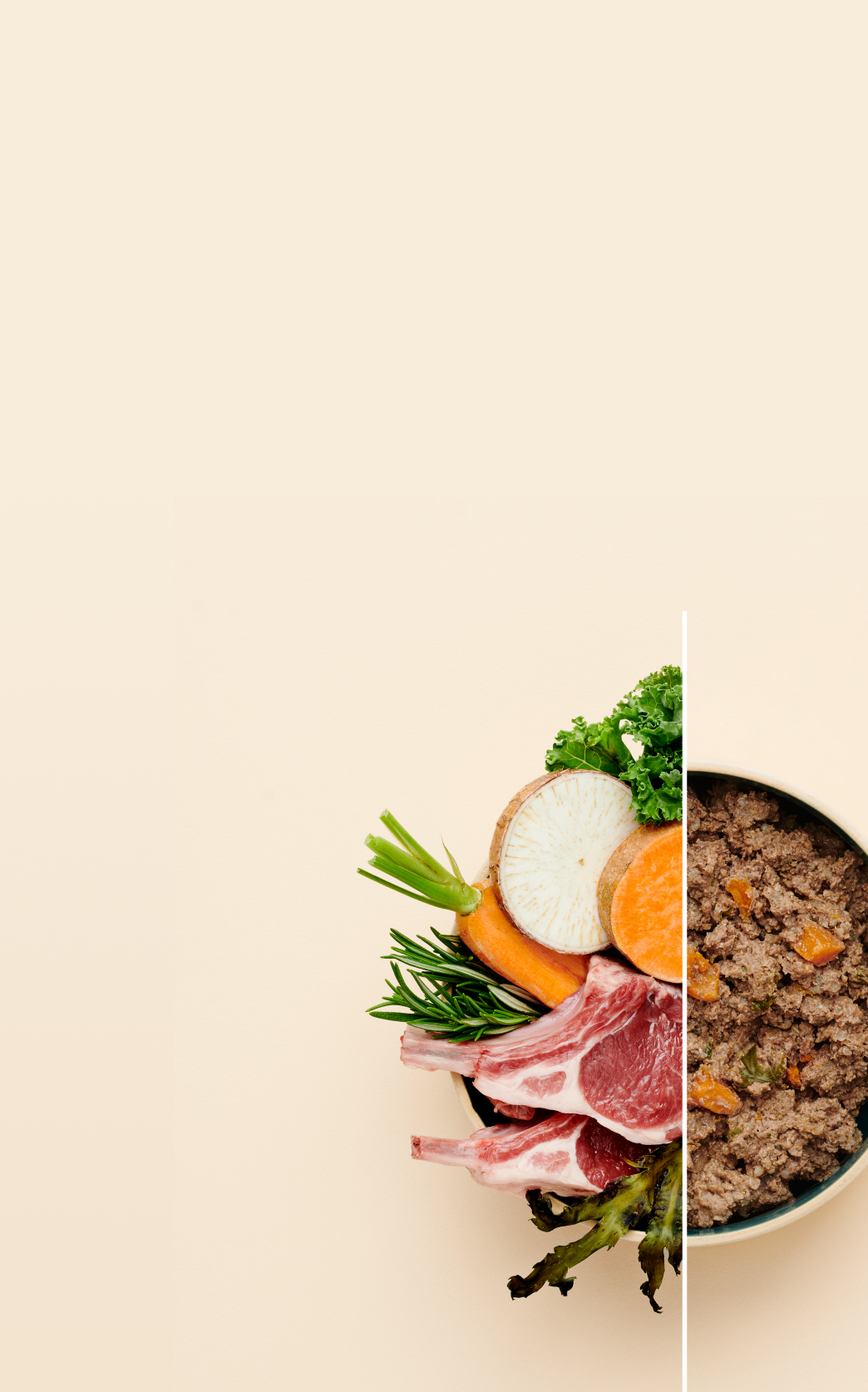The Complete Guide to Grain-Free Dog Food: Is It Right for Your Pup?
Nowadays, an increasing number of pet owners are beginning to question the need for grains in their dog's diet. Are they any good?
Some believe that grain-free foods may be more natural and easier for dogs to digest, while others point to the growing body of evidence linking grain consumption to health problems like allergies and obesity.
While there is no definitive answer, the trend toward grain-free dog foods shows no signs of slowing down. As more owners explore the possibility of grain-free diets for their dogs, the demand for these products is likely to continue to grow.
Grain-Free Dog Food: Why It's Growing In Popularity
More and more pet owners are beginning to ask: do dogs really need grains in their diet? While some believe grains are fine in moderation, others point to links between grains and health concerns like allergies, digestive issues, or even obesity.
Though the science is still evolving, one thing’s clear: the demand for grain-free dog food isn’t slowing down — and with good reason. For many dogs, cutting out grains leads to fewer stomach issues, improved energy, and shinier coats.
What Does Grain-Free Dog Food Actually Mean?
Grain-free means just that — no wheat, corn, rice, barley, rye, or soy. Instead, these recipes rely on higher amounts of meat, vegetables, fruits, and alternative fibre sources.
While many dogs can tolerate grains, others may develop sensitivities or allergies. For these pups, removing grains from their diet can be a game changer. Grain-free wet food in particular tends to be more nutrient-dense and easier on sensitive stomachs.

Why Is Grain-Free Food Good For Your Dog?
Many owners opt for grain-free dog food because it offers several health benefits:
- Easier digestion – Especially for dogs with grain sensitivities or sensitive stomachs.
- Fewer allergies – Eliminating common allergens can reduce itching, irritation, and digestive upset.
- Higher protein content – These diets often contain more meat, giving your pup energy and strength.
- No unnecessary fillers – Grain-free food skips the bulk ingredients and focuses on real nutrition.
While a grain-free diet isn’t essential for every dog, for many it means fewer tummy troubles, more energy, and overall improved wellbeing.
Grain-Free Vs Gluten-Free: What's The Difference?
It’s easy to confuse “grain-free” and “gluten-free,” but they’re not the same thing.
Grain-free dog food excludes all grains — wheat, rice, corn, oats, and so on.
Gluten-free dog food specifically avoids gluten-containing grains like wheat, rye, and barley.
That means gluten-free foods can still include rice or corn, whereas grain-free avoids both. While both diets are useful in different cases, grain-free is often chosen for dogs with broader food sensitivities, and typically comes with a cleaner, more protein-forward ingredient list.
How to Introduce Grain-Free Food To Your Dog
Thinking of making the switch? Here's how to do it safely and effectively:
- Start gradually – Mix the new food with your dog’s current food over 7–10 days.
- Watch for changes – Keep an eye on stool, appetite, and energy levels.
- Be patient – Some dogs adjust quickly, others take a little time.
If your dog shows any signs of digestive upset — vomiting, diarrhoea, or constipation — pause and speak to your vet. Every pup is different, so a little trial and error may be needed to find the right fit.
Is Marleybones Pantry Fresh™ Dog Food Grain Free?
Yes! Every Marleybones Pantry Fresh™ meal is 100% grain-free.
Some people assume that quinoa — which we include in our recipes — is a grain. It’s not. It’s actually a nutrient-rich seed, packed with fibre and essential amino acids. It’s also one of the most energy-boosting ingredients we’ve found, which is why we source it from a trusted, family-run UK grower.
Our gently steamed meals are made with fresh chicken, beef, lamb, and salmon, combined with real vegetables and superfoods. Every recipe is designed by dog nutrition experts to support digestion, immunity, and energy — with no grains, no fillers, and no compromises.

The Final Woof
At Marleybones, we believe dogs deserve real food. That means:
- Meals made from fresh, locally sourced ingredients
- Grain-free, gently steamed, and designed by experts
- Delivered straight to your door — no stress, no shopping trips
If your dog struggles with grains or simply deserves better, our Pantry Fresh™ range might be the solution. Balanced, sustainable, and tailored to keep tails wagging.



